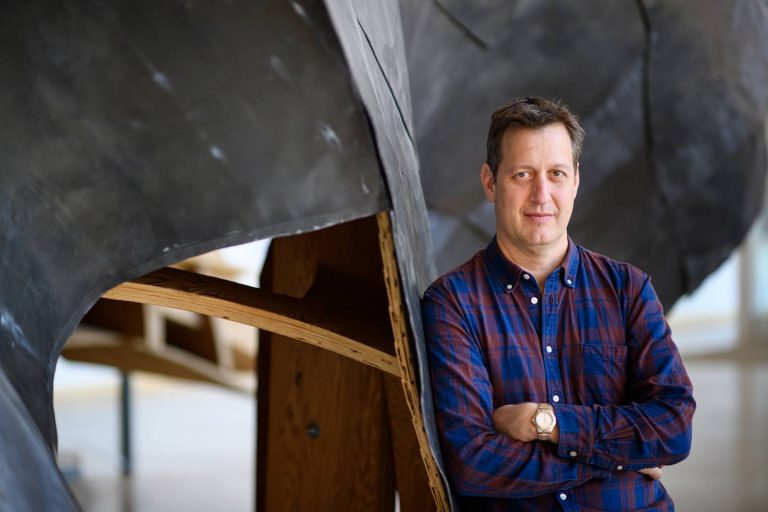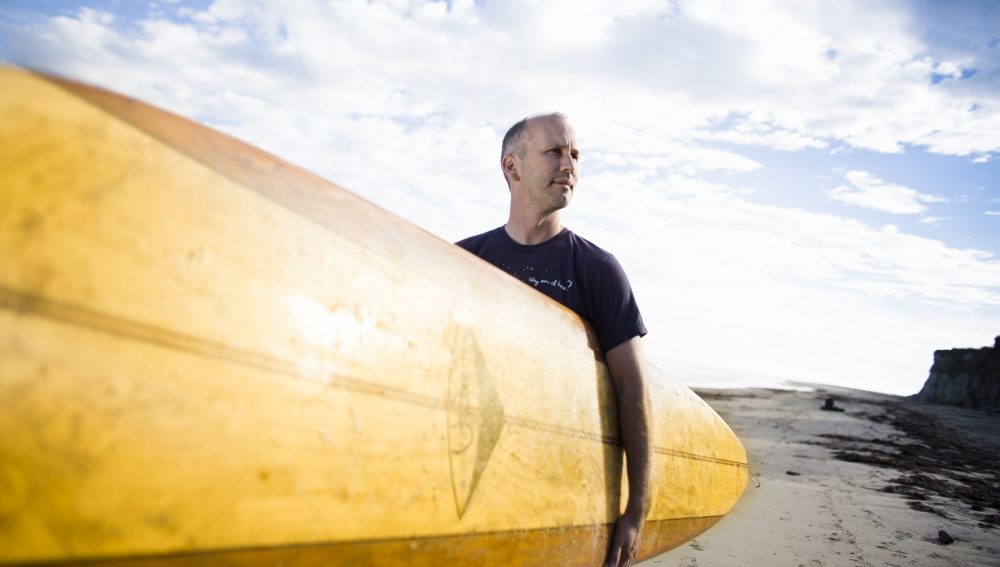
ESA Distinguished Service Citation Posthumously Awarded to Tony Janetos
By BU Pardee School of Global Studies 4/19/2020 The late Anthony Janetos, Director of the Frederick S. Pardee Center for the Study of the Longer-Range Future from 2013-2019, has been posthumously awarded the Ecological Society of America (ESA) 2020 Distinguished Service Citation. The Distinguished Service Citation “recognizes long and distinguished volunteer service to ESA, the scientific community, and the larger purpose of…


















